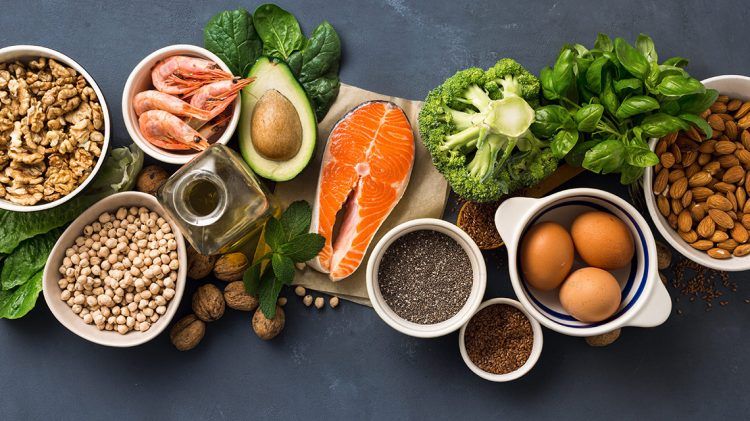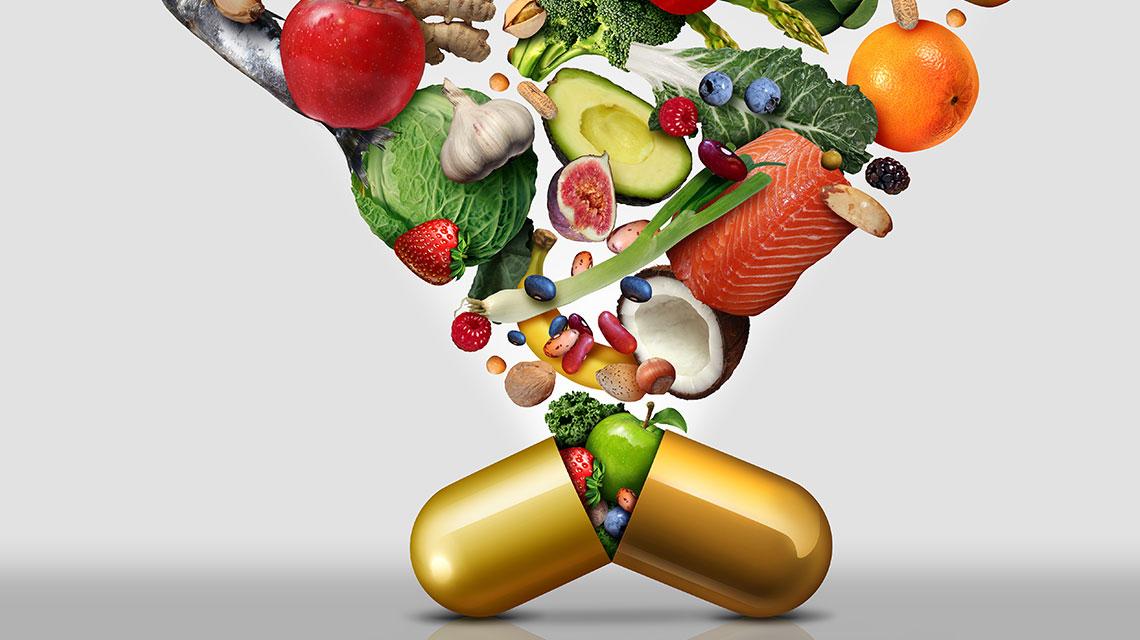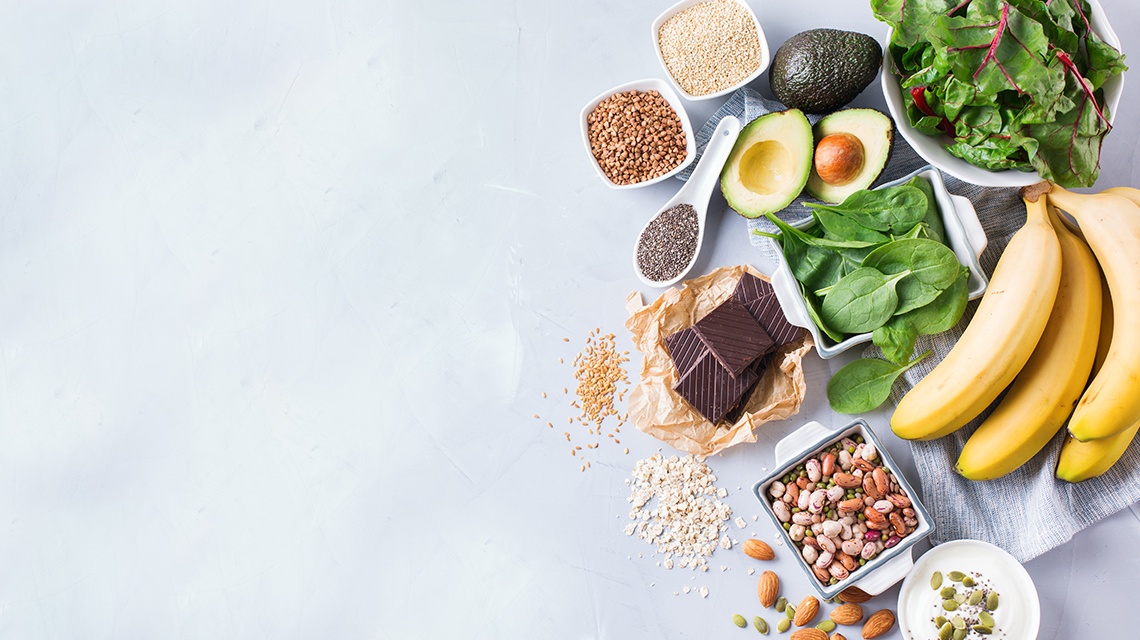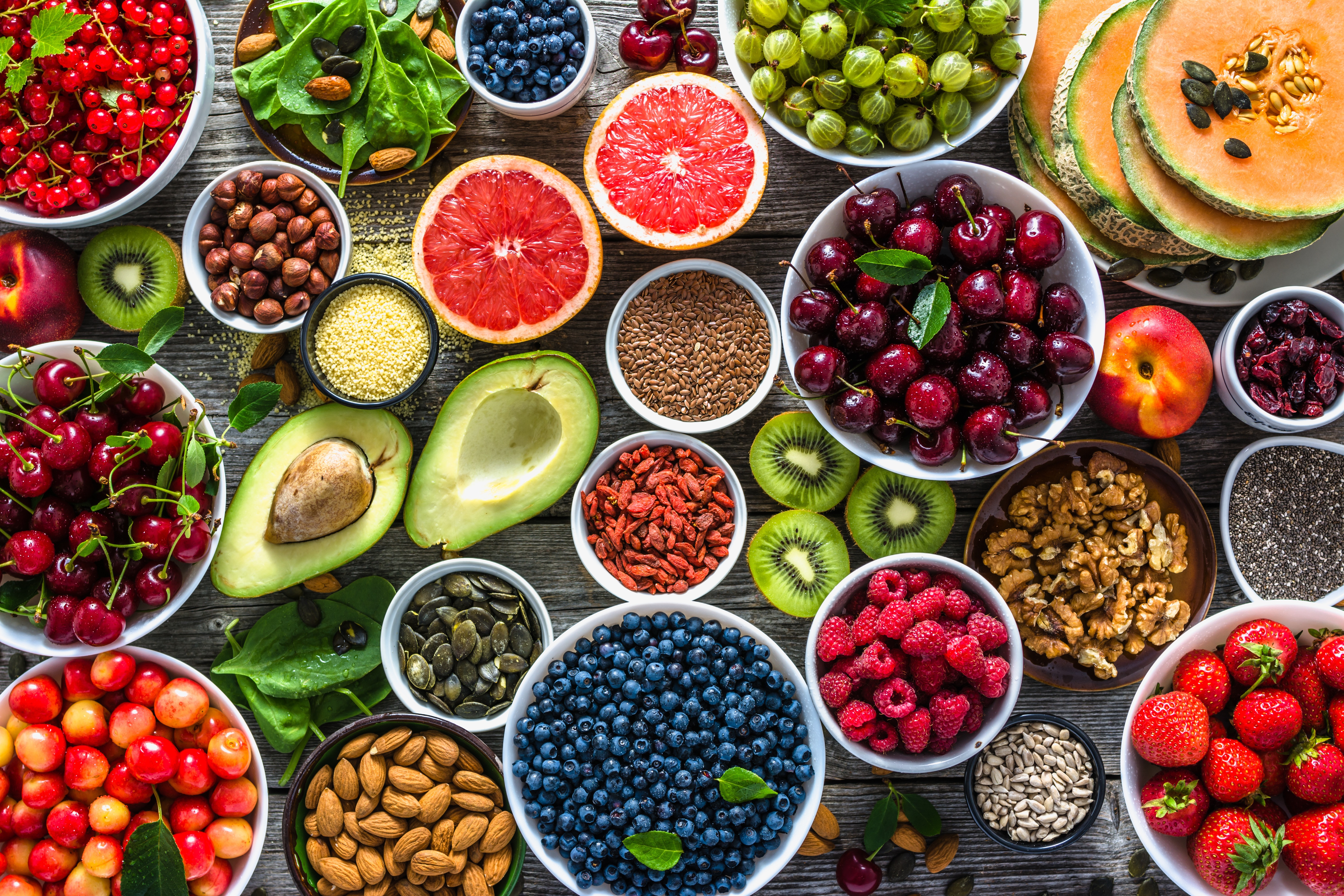
14 Healthy & High Fat Foods
Fatty Facts
November 1, 2022Fatty Facts
November 1, 2022Fat has gotten a bad rep over the years in the health world ─ shunned and avoided as a contributor to heart disease and obesity. But really, healthy high fat foods can bring a lot more flavour, nutrition and yes, satisfaction, to your life.
Healthy fats play a vital role in many body functions including cell growth, maintaining proper hormonal function, physical performance and nutrient absorption. They also benefit your skin and hair, support brain development, and help both your digestive and immune systems.
Full-fat foods can offer more benefits than their reduced-fat doppelgangers because they are less processed and therefore lower in sugar and carbs. They also slow the digestion of carbohydrates to reduce blood sugar spikes and support a sense of fullness.
We’ve put together a quick list of healthy and high-fat foods to swap into your meal schedule.
Good vs Bad Fats?
It’s not really so important to label food groups as good or bad/ healthy or unhealthy, and in fact, by doing so we can perpetuate diet culture standards more than supporting what the science actually indicates. In general, all foods have a place in a balanced nutrition plan.
And yet it is good to understand that not all fats are created equal. Some ─ especially those that are highly processed ─ can be more harmful to your system than others. In the past, the team ‘healthy fats’ was typically synonymous with unsaturated fats and the label of unhealthy fats referred to saturated fats. Here’s a brief breakdown of what this even means.
Unsaturated Fats ─ typically the highest quality of fats, with 2 or 3 bonds between molecules. These fats can support heart health, improve blood insulin and glucose levels and reduce LDL cholesterol (bad cholesterol). These tend to be liquid at room temperature. Find this type of fat in nuts, seeds, avocado, olives and fish.
This category can be further broken down into monounsaturated fats (which help maintain cellular health) and polyunsaturated fats, which include omega-6 and omega-3 fatty acids that are essential to your diet as your body cannot produce them on its own.
Saturated Fats ─ single-bonded fats, meaning they only have one bond between molecules and these molecules are ‘saturated’ in hydrogen. Typically these are solid at room temperature and can be found in cheese, red meat, coconut oil and butter. In the past, these fats were said to be bad for cholesterol levels and reputed to put your cardiovascular system at risk, but new research is countering these claims. Still, these can definitely be enjoyed in moderation.
Trans Fats ─ evidence shows that these fats can cause inflammation, increasing LDL cholesterol while decreasing good HDL cholesterol. Found in processed, fried foods, baked goods and margarine and best enjoyed in moderation.
Healthy & High Fat Foods
Avocadoes ─ creamy and bursting with fibre and fat, avocado is about 80% fat by calories. One medium avocado contains almost 21 grams of fat. Also a good source of heart-healthy monounsaturated fat and oleic acid that have an anti-inflammatory quality and can satiate food cravings.
Cheese ─ rich and delicious, cheese is surprisingly nutritious as it is full of fat, calcium and protein. Enjoy in moderation!
Eggs ─ a top high-fat food and chock full of nutrients, one hard-boiled egg has about 5 grams of fat (of which about 30% is saturated fat). The egg yolk is especially high in protein, cholesterol and fat, plus an abundance of other nutrients.
Fatty Fish ─ contain large amounts of unsaturated and omega-3 fatty acids which play an important role in heart and brain health. You have many options here including salmon, sardines, trout, tuna, anchovies and herring; both fresh and canned are good sources.
Yoghurt ─ contains probiotic bacteria that have a powerful impact on your gut health, plus the full–fat version contains a hefty amount of calcium and protein.
Coconut & Coconut Oil ─ coconut in all its delicious forms is an excellent source of saturated fats which can help satiate your hunger and boost metabolism.
Edamame ─ young green soybeans which contain a significant amount of monounsaturated and polyunsaturated fats plus a pack a punch of protein.
Algae Oil ─ the best new fat you’ve never heard of. Algae oil has a light and neutral flavour and contains the highest level of monounsaturated fats in any cooking oil ( about 13 grams per tablespoon).
Tofu ─ a complete plant protein and a good source of both mono and polyunsaturated fats; a 100 gram serving of tofu is about 4% fat, and also provides a healthy amount of calcium and protein.
Olives & Olive Oil ─ olives may be small but they are bursting with both fat and flavour. Black olives are made up of around 90% fat! Oil from pressed olives is a staple in most kitchens, and a tablespoon of the stuff contains 14 grams of monounsaturated fat.
MCT Oil ─ medium-chain triglyceride (MCT) oil is derived from coconuts. These types of fats are shown to promote ketone production and are highly bioavailable making them a good energy source, especially for athletes and those in training.
Nuts (Walnuts, Almonds, Peanuts, Cashews, Macadamia) ─ in general, nuts are packed with fat (as well as protein, fibre, vitamins, minerals and antioxidants) so you can’t really go wrong with any choice. Try them raw or roasted, salted or unsalted, whole or as nut butter.
Seeds (Pumpkin, Flax, Chia, Sunflower, Hemp) ─ great plant-based sources of fats, omega-3s, antioxidants, fibre, protein, iron and calcium. When in doubt, sprinkle some seeds onto whatever you’re eating to boost your healthy fat intake.
Dark Chocolate ─ very high in fat (fat accounts for around 65% of chocolate by calories) and nutrients. A 100-gram portion contains 43 grams of fat, plus a healthy serving of potassium, calcium, magnesium and flavonoid antioxidants. However, of this, around 25 grams are saturated fat so enjoy your chocolate treats in moderation.


